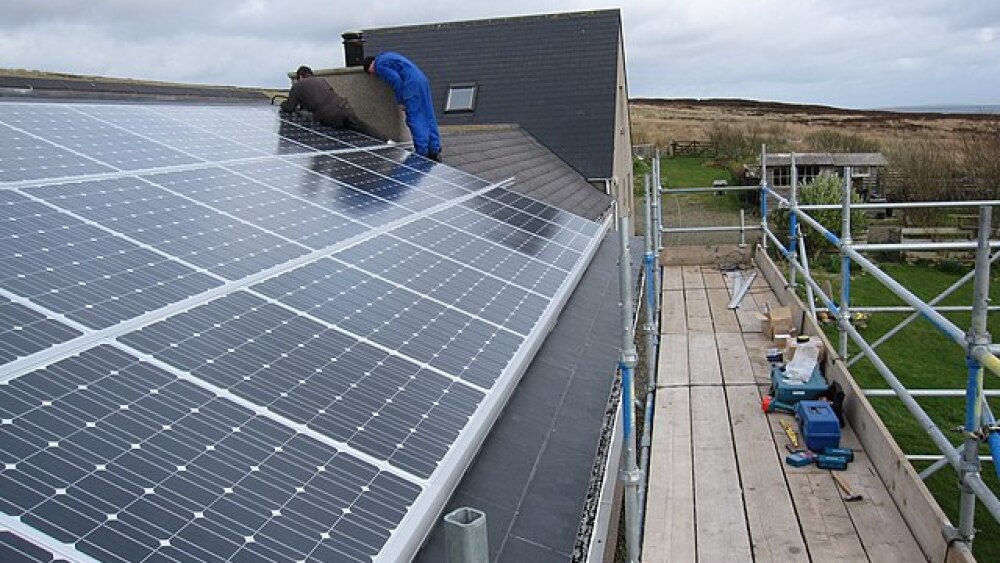Clean Wisconsin and Renew Wisconsin — two local environmental organizations — recently came together to fund research about Wisconsin’s greenhouse gas emissions, and the findings are hopeful.
☀️ What are greenhouse gases?
A greenhouse gas is any gaseous compound, such as fossil fuel emissions, that absorbs infrared radiation (heat from the sun). Once that radiation is absorbed, it’s trapped in our atmosphere + retains that heat. This is referred to as the greenhouse effect. So, the less we burn fossil fuels, the fewer of those gaseous compounds we emit, and the less our atmosphere is warmed.
♻️ What does this have to do with Wisconsin?
The comprehensive study report by Evolved Energy Research was released this week and suggests that Wisconsin could eliminate greenhouse gas emissions, boost the economy, and lower fuel costs by the year 2050. The overarching consensus is that in order to become a zero-carbon state, steps need to be taken to implement clean energy tactics in place of some not-so-green practices currently in place. (Think: adding wind energy + eliminating coal usage.)
Here are some key takeaways from the report:
- The money saved from not using fossil fuels would offset infrastructure costs over the coming decades.
- Making the switch would grow the state’s economy by about 3% + add around 68,000 jobs.
- The study calls for action this decade in order to make an effective change by 2050
💡 What can we do?
While this study lays out how the state can implement changes on a large scale, there are still a lot of things we as citizens can do on a day-to-day basis to make Madison a greener place.
- Invest in solar panels for your home or business.
- Carpool with your coworker a few days a week.
- Utilize Madison’s BCycle bikes.
- Use energy-efficient light bulbs which use 75% less energy than standard.











